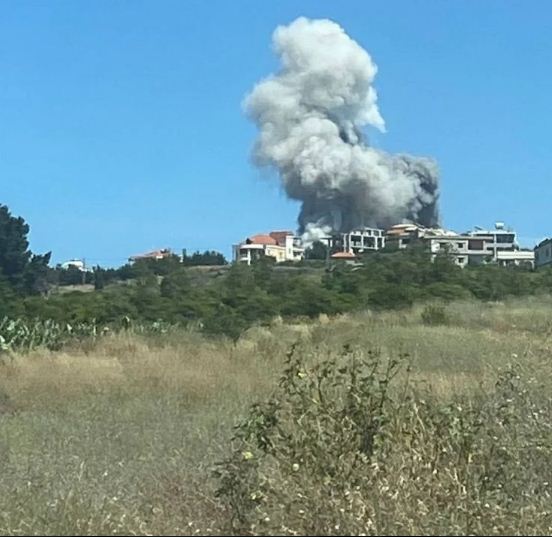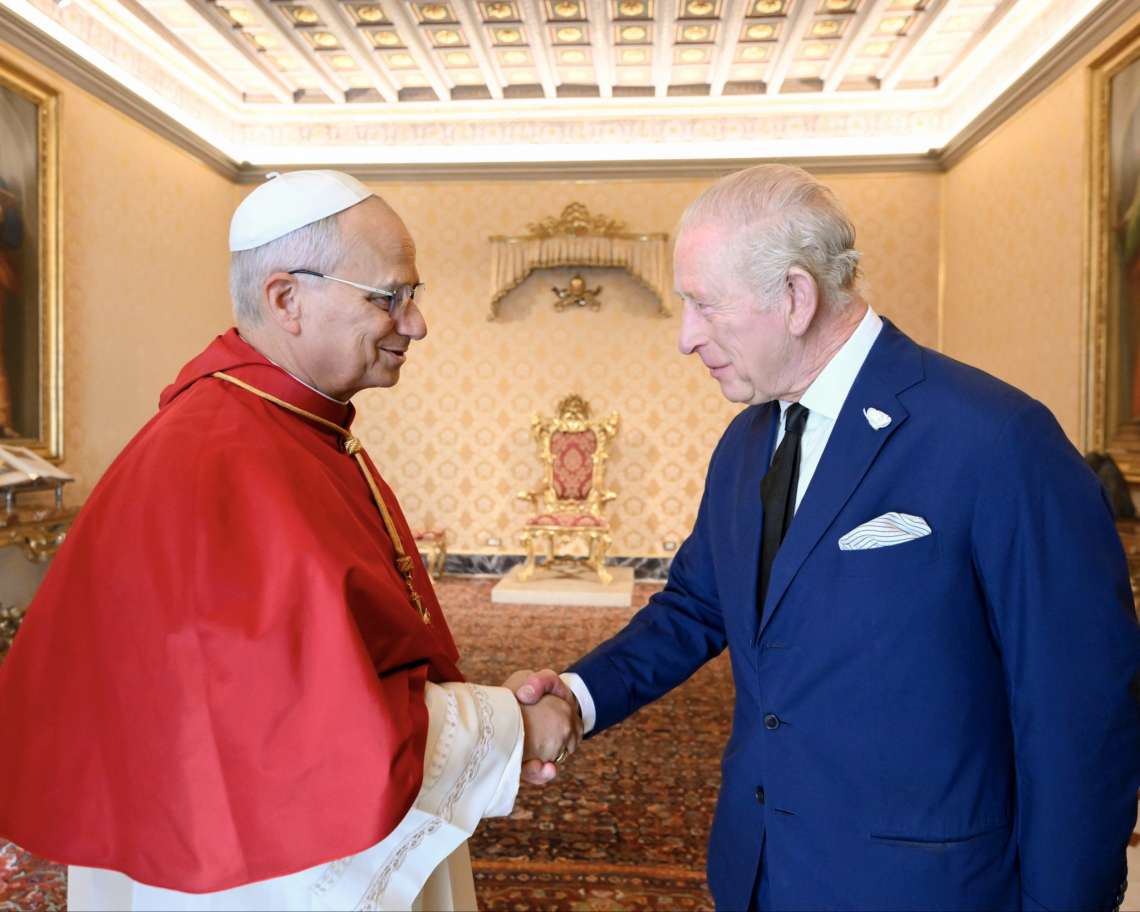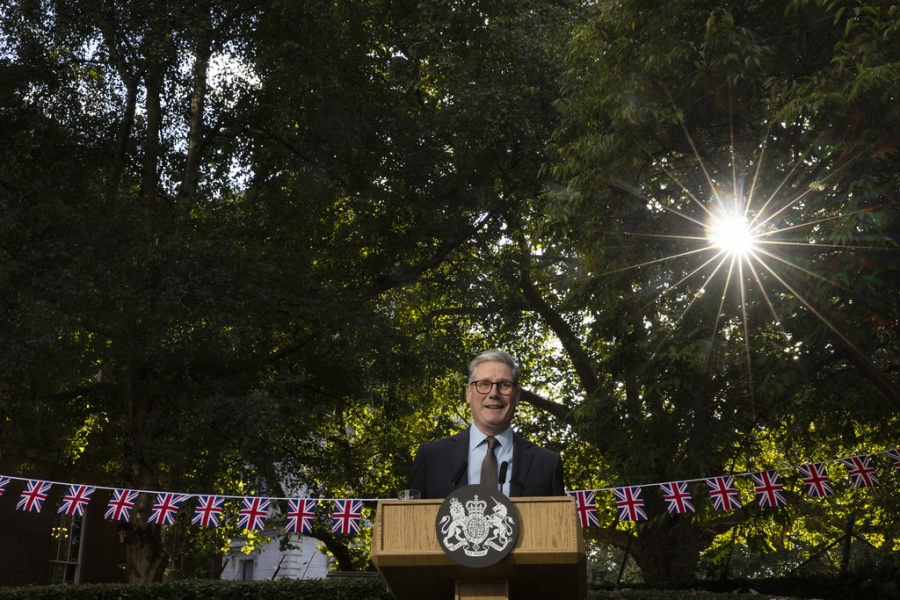There have been no changes to the scale of the program in recent days despite the risk of all-out war…reports Asian Lite News
Dozens of British troops are in Lebanon to train and advise the country’s armed forces as part of a sensitive mission, The Times reported.
The report comes as the Israeli military said it struck 300 Hezbollah targets on Monday in Lebanon in one of the most intense barrages of airstrikes in nearly a year of fighting against the group. The Lebanese Health Ministry said 182 people were killed and more than 700 wounded in what would be the deadliest day in Lebanon since the Gaza war started last October.
There have been no changes to the scale of the program in recent days despite the risk of all-out war, The Times reported, citing UK defense sources.
The Lebanese ambassador to the UK, Rami Mortada, said: “The British Army is a very close partner to the Lebanese armed forces. They have been very active on training, providing equipment and technical advice.
“Specifically on the situation in south Lebanon, the UK was also very proactive in trying to play its role in what we refer to as the de-escalation scheme.”
The scheme is led by the US and considers how to prevent an escalation of skirmishes between Israel and Hezbollah near the Israel-Lebanon border, Mortada said.
Lebanon’s armed forces have been trained by the UK for years, although little is known about the program.
The British government has long hoped that by building up the capacity of the armed forces, they would be in a stronger position to maintain security than Hezbollah.
Mortada has said the armed forces would not “stand idly” by if Israel carries out a ground war on Lebanese territory or mounts an extensive aerial attack.
A conflict between Israel and Lebanon would put British diplomats in an extremely difficult position because the UK has tried to maintain a positive relationship with both countries.
UK officials are understood to be considering whether they would assist Israel and help protect its skies should it come under attack as a result of an invasion of Lebanon.
Protecting Israel against a defensive attack carried out by the Lebanese armed forces would be more complicated than responding to an attack by Iran.
Highlighting the deep Lebanese-British relationship, Mortada said the UK has also offered to help his country replicate a “watchtower” scheme along its southern border with Israel — a program that is currently in place along Lebanon’s eastern border to keep watch on Daesh militants.
Under the old watchtower scheme, the UK helped to ship 9 meter towers to Lebanon. Lebanese soldiers, mentored by British veterans, were using the positions to catch or kill hundreds of terrorists trying to cross the border from Syria every month.
Mortada said another option under review with the British is whether they could help train and empower new Lebanese armed forces border regiments that could be sent to the south of the country.
He added that they are currently “over-stretched” and want a more visible and active presence in the south, where clashes with Israel have intensified since the war in Gaza started.
“All the ingredients are coming together for having such a de-escalation scheme, except the Israelis seem to be heading towards the exact opposite direction,” Mortada said.
‘Middle East at moment of great peril’
The Middle East is at a “moment of great peril” with the risk of regional war becoming “contagious”, Hamish Falconer, the Middle East Minister told at the Labour Party conference.
Hamish Falconer, the Middle East Minister, has called for a rapid diplomatic solution to stop the conflict from spreading region-wide after a day in which almost 500 Lebanese were killed in Israeli air strikes.
Prince Khalid bin Bandar Al Saud, the Saudi Arabian ambassador to the UK, said that the UK and other Western countries needed to be wary of the “public perception” that they only get involved in regional conflicts “when it suits them”.
Israel has mounted a series of attacks on Lebanon in the last week, including exploding pagers that killed 10 and wounded nearly 3,000 mostly Hezbollah fighters, but were at risk of causing a region-wide conflict, said the minister.
“This is a moment of great peril in the region,” said Falconer. “There is a risk of contagion of violence elsewhere than where we see it now.”
He stated that the British government was now calling for an immediate ceasefire in Lebanon. Then in reference to the demarcation border dividing Israel and Lebanon he added that “the aim must be for civilians on both sides of the Blue Line to return to their homes”.
The UK was “ready to play its part” in a diplomatic solution, he told the event, which was titled The Future of the Middle East: The UK’s Role in a Changing Region.
“We will continue to try and play as helpful a role as we can … further escalation would cause issues that are felt not just on the immediate doorstep of the region, but globally,” he added.
He was sitting next to the Lebanese ambassador Rami Mortada, who made an emotionally charged speech stating that his country had been “subjected to carpet bombing” with women and children killed in Monday’s Israeli air strikes.
“The Israeli government is on a continual path to war,” he said, adding that its aim was to “sabotage” the ceasefire negotiations over Gaza”.
At the packed-out fringe event attended by more than 100 people including MPs, diplomats and people from across the Middle East including Israel, he also argued that a diplomatic solution was needed before it became a “contagious conflict”.
The former UK ambassador to Saudi Arabia and Iraq, Sir William Patey, who is chairman of the Labour Middle East Council, which co-hosted the event, also warned that the “future is very bleak unless something changes radically”.
“The only way that the Middle East has a future is if there’s a ceasefire,” he said, suggesting that the current Israeli assaults were designed to create a response that would justify a full-scale invasion of Lebanon.
“The Israeli government is in the thrall of religious extremists,” he added, suggesting that Prime Minister Benjamin Netanyahu was taking Israel “over a cliff” that would ultimately result in an existential threat to the country.
ALSO READ: UK, US and Canada to collaborate on cybersecurity, AI research














